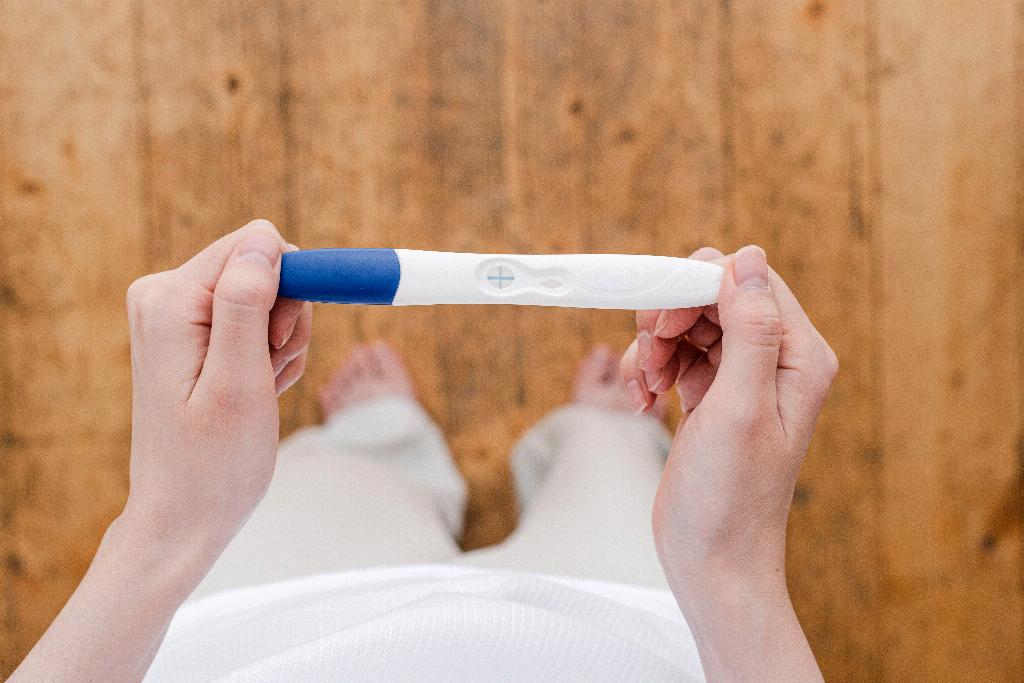When it comes to pregnancy, many women are cautious about what they put into their bodies. Magnesium is one supplement that often raises questions. The good news is that taking magnesium during pregnancy can actually be incredibly beneficial for both you and your baby.
Why Magnesium is Safe to Take During Pregnancy
It’s important to understand that magnesium is a vital mineral that plays a crucial role in various bodily functions, including muscle and nerve function, blood sugar control, and blood pressure regulation. During pregnancy, your body’s need for magnesium increases, making supplementation a safe and effective way to ensure you’re meeting those needs.
Consulting with Your Healthcare Provider
While magnesium is generally considered safe for pregnant women, it’s essential to consult with your healthcare provider before starting any new supplement regimen. Your provider can help determine the right dosage for you and ensure that there are no potential interactions with any other medications or conditions you may have.
Benefits of Magnesium for Pregnancy Symptoms
Many pregnant women experience common symptoms such as leg cramps, insomnia, and constipation. Magnesium supplementation can help alleviate these discomforts by relaxing muscles, promoting better sleep, and supporting regular bowel movements.
The Role of Magnesium in Fetal Development
Not only does magnesium benefit you as the mother, but it also plays a critical role in the development of your baby. Magnesium is essential for bone formation, heart health, and overall growth and development of the fetus.
Reducing the Risk of Preterm Birth
Research suggests that magnesium supplementation during pregnancy may help reduce the risk of preterm birth. By supporting healthy uterine function and reducing the likelihood of early contractions, magnesium can contribute to a full-term pregnancy.
Managing Gestational Diabetes with Magnesium
For women at risk of gestational diabetes, magnesium can be a valuable tool in helping manage blood sugar levels. Magnesium plays a role in insulin sensitivity and glucose metabolism, potentially reducing the risk of developing this condition.
Addressing Preeclampsia Risk with Magnesium
Preeclampsia is a serious pregnancy complication characterized by high blood pressure and organ damage. Some studies suggest that magnesium supplementation may help reduce the risk of developing preeclampsia, making it a valuable preventive measure for at-risk individuals.
Choosing the Right Form of Magnesium
When considering magnesium supplementation during pregnancy, it’s important to choose the right form of magnesium. Magnesium citrate and magnesium glycinate are often recommended due to their high absorption rates and gentle effects on the digestive system.
Ensuring Adequate Intake Through Diet
While supplementation can be beneficial, it’s also essential to focus on obtaining magnesium through your diet. Foods rich in magnesium include nuts, seeds, whole grains, leafy greens, and legumes. By incorporating these foods into your meals, you can support both your health and the health of your baby.
Conclusion: The Verdict on Magnesium in Pregnancy
In conclusion, the answer to the question “Can you take magnesium in pregnancy?” is a resounding yes. With its numerous benefits for both maternal health and fetal development, magnesium is a safe and valuable supplement to consider during pregnancy. By consulting with your healthcare provider and ensuring you’re choosing the right form of magnesium, you can support a healthy pregnancy and set the stage for a positive outcome for you and your baby.

